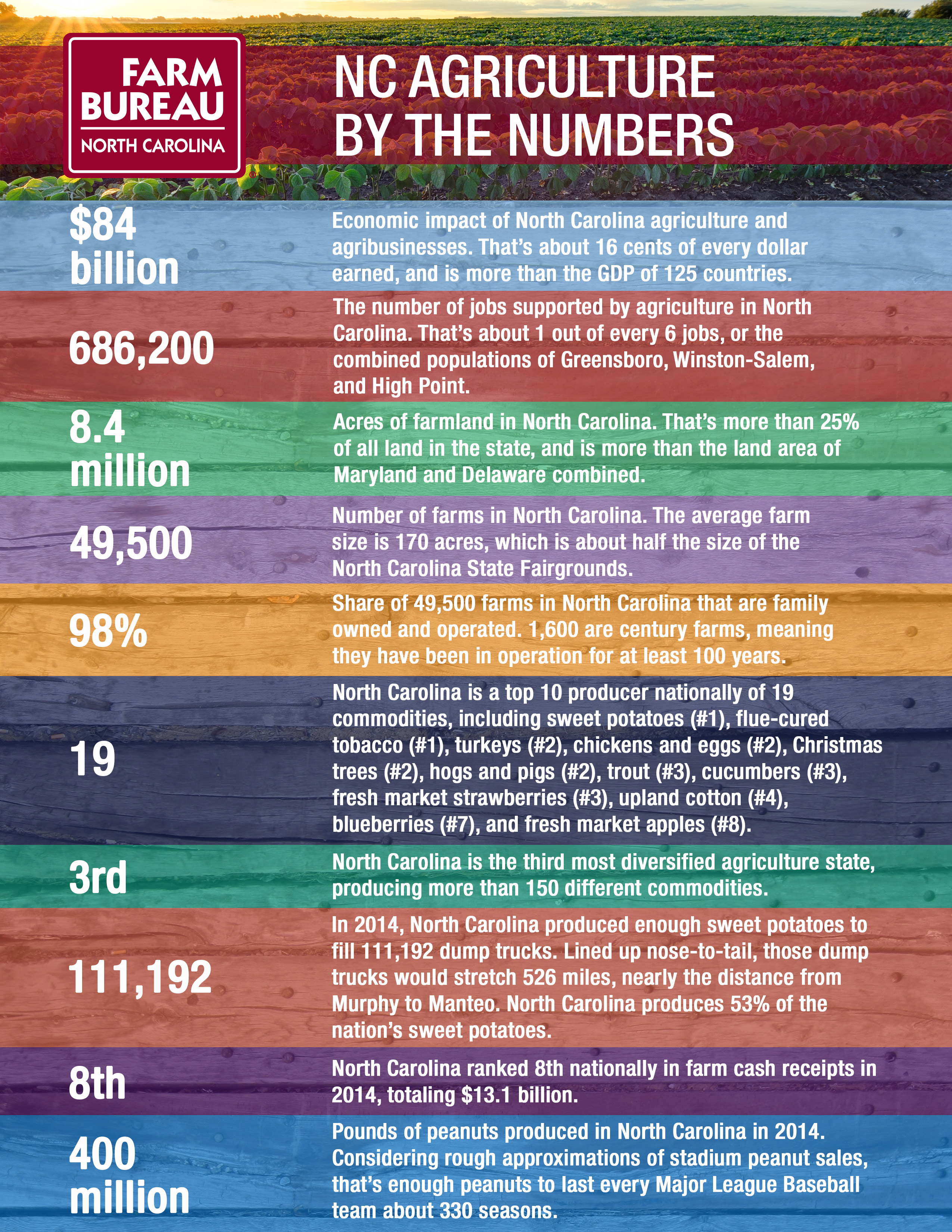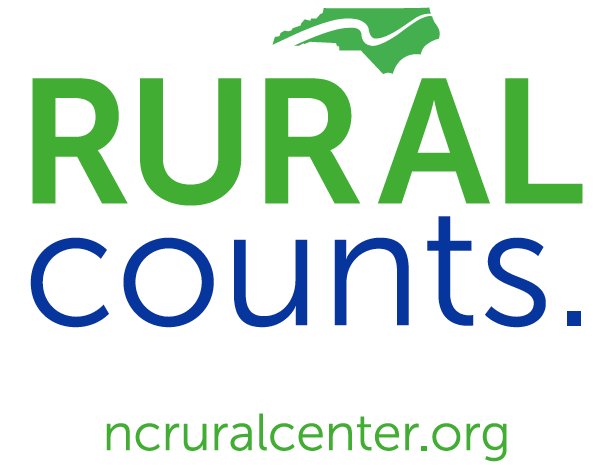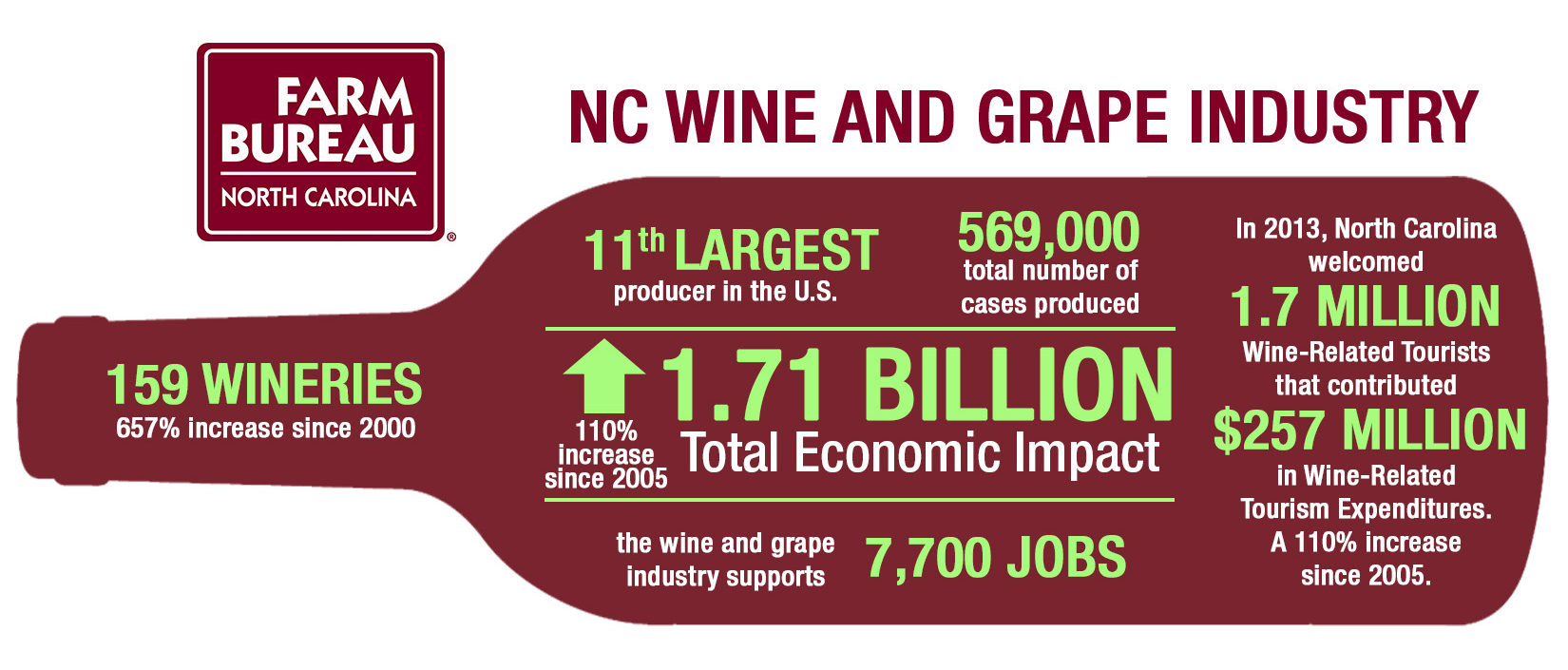In a few days, North Carolina Farm Bureau members and voting delegates will travel to Greensboro, NC for the organization’s 82nd Annual Convention. The event is a celebration of the year’s work: growing the membership, advocating for farmers and rural families, telling the story of North Carolina agriculture, and investing in the future of our state. But the convention is also the culmination of the year’s policy development process — a process that, for more than 80 years, has exemplified the true grassroots spirit of Farm Bureau.
We’ve discussed Policy Review Day in the past, and have talked about how that event kicks off the policy development process.
During the fall, those policy resolutions go back to all 100 counties and are reviewed, debated, and in some cases modified. This involves countless hours of input from thousands of farmers across the state. All of those county recommendations came together earlier this week and were reviewed again by a 100-person committee comprised of farmers.
At Annual Convention, those resolutions will again be discussed by a voting delegate body of more than 600 farmer members. The process is thorough, comprehensive, and is a wonderful example of how North Carolina Farm Bureau has remained true to its grassroots foundations.
As always, we look forward to next week’s Annual Convention, and we are proud of what it means for this organization and North Carolina agriculture.
READ: Eighty Years of Service for North Carolina Farm Bureau










